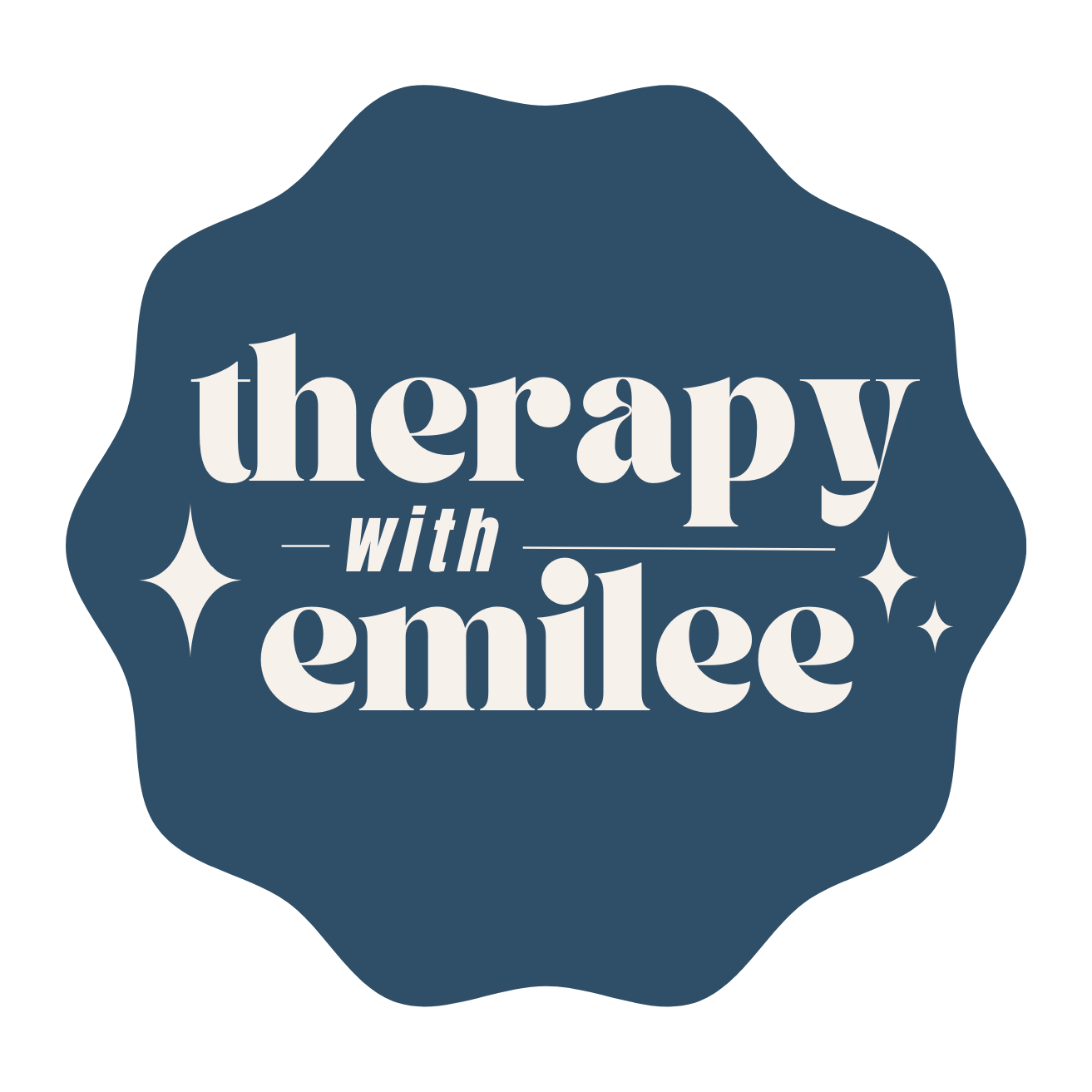what roles do we take on?
In my previous post, I talked about conditions of worth. These conditions of worth can also be called a “role-self,” defined by Lindsay C. Gibson in her book “Adult Children of Emotionally Immature Parents.” Essentially, these two related terms define the experience when we feel valued for what we are doing, not for who we are. As I mentioned in the previous post, once we have put a condition on our worth, we begin living under the false belief that we must be doing something in our relationships in order to receive love. Unfortunately though, this is not sustainable & while the condition (or formula) feels safe, it is not a way for us to live authentically. In essence, as Gibson says in her book, “unconditional love cannot be bought by conditional behavior.” As we continue to show up a certain way in order to feel loved or accepted, we are perpetuating an inauthentic relationship—we are not showing up as ourselves (we are taking on a role—or playing a role-self) & we are not receiving unconditional love, since we are acting transactionally (trying to “buy” love through our behavior).
The following are some questions you might begin to ask yourself to explore your conditions of worth (or your role-self). As you figure out how you show up in relationships in order to receive love, you can start to challenge why you believe you have to show up that way.
1. How do I want others to view me in my relationships? What image do I try to maintain?
2. Is there anything I complain about doing in most of my relationships? If so, what is it?
3. When do I feel guilty in relationships? What do I do to try to avoid that guilt?
4. What do I wish others would do for me in relationships? What do I wish others would ask me?
5. What trait do I have that seems to be undervalued or unrecognized in my relationships?
human beings, not human doings
We often believe we are only wanted or loved for the things we can do or provide in relationships. Carl Rogers called this a “condition of worth” in his theory of Person-centered counseling. A condition of worth is almost like a formula, or a fill-in-the-blank:
“I need to _________* in order to feel loved.”
* be happy
* take care of others
* make others laugh
* keep the peace
* not be needy
Our individual conditions of worth guide our everyday decisions & actions. These beliefs don’t flow through our minds as conscious thoughts: we are not constantly thinking “I need to be happy in order to feel loved” as we go throughout our day. Instead, these beliefs are so engrained in us that they provide the subconscious structure for how we show up in the world in order to gain acceptance or worth. In other words, they are the false beliefs that we need to be doing something in order to be loved; we cannot just simply be loved for who we are.
So how do we go about removing these false beliefs? Awareness of our conditions of worth is an important first step, allowing us to explore & understand where these beliefs came from. Once we make sense of the painful beginnings where we started putting ourselves into boxes—or put a condition on our worth—we are beginning the process of validating our experience. Validating our experience allows us to take back power. As we validate ourselves--including our needs, our wants, our worth--we can slowly remove the conditions on our worth as we remind ourselves we can be loved regardless of what we do or provide in our relationships. We are all worthy of love & connection just as we are—we are human beings, not human doings.
values vs. roles
We all have values. From security to risk-taking, community to independence, & peace to power, these values shape who we are. I find that asking clients to identify their values provides them with a sense of identity & provides us (within the therapeutic relationship) a foundation to work from as we examine & explore their life experiences.
When an experience doesn't sit well with us, we might ask: was I moving towards or away from my values? When we feel proud of how we responded in a strained moment, we might ask: what value was I leaning into? When we are reevaluating a boundary, we might ask: how does this align with my values?
As a people lover, my list of values includes connection, empathy, love, & altruism, to name a few. As a people pleaser, these quickly shift from being values to becoming a role I play. Sometimes, I am caretaking as a value. And other times, I am caretaking as a role--it fulfills a need, allowing me to feel worthy of love as I pay my dues, in the currency of my values.
The trick is for us to note when this shift happens. We all have our own patchwork quit of values & we all have our own alert system to let us know when we are stepping away from those values. Whether we feel it in our gut, or whether we notice ourselves behaving inauthentically, becoming aware of those moments when we cross the line can be beneficial & even crucial to our growth.
So pause with me at some moment today & ask: Am I acting from a place of my values or am I acting out a role?
(Brene Brown has a wonderful list of values: https://brenebrown.com/resources/dare-to-lead-list-of-values)



